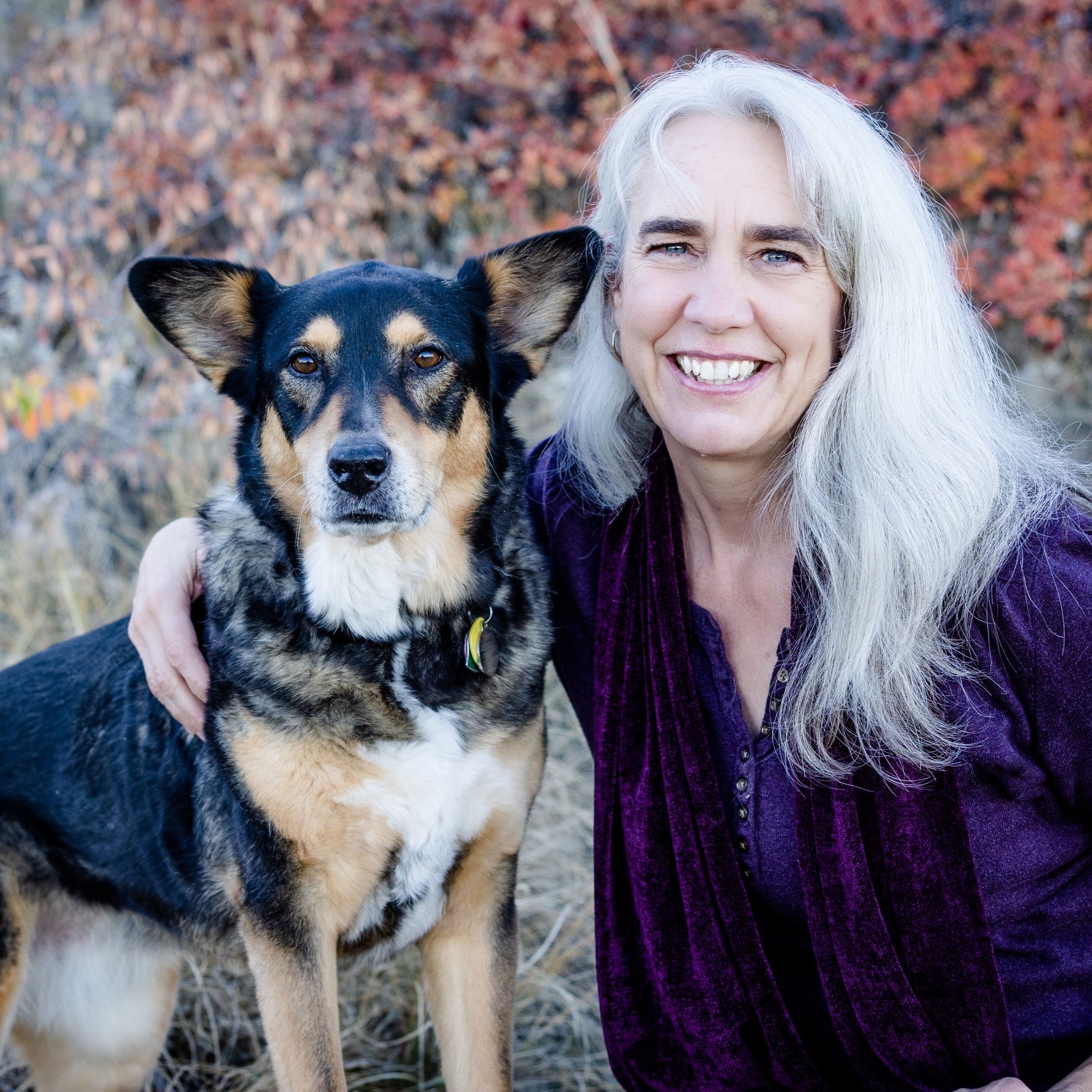I attended an inspiring workshop over the weekend, presented by Drs. Bessel van der Kolk and Pat Ogden, two huge names in the field of trauma treatment. The topic of the workshop was the use of the body, and particularly physical rhythms, to help resolve trauma. One of the big nuggets of wisdom that I took away from the training was that two interventions can be particularly helpful for resolving trauma: 1) activation of interoception, which is sensitivity to stimuli originating inside of the body, and 2) purposeful physical action directed toward the traumatic event.
 Women in yoga class, courtesy of National Institute on Aging
Women in yoga class, courtesy of National Institute on Aging
An idea fundamental to both of these interventions is that when we are faced with a trauma, our bodies naturally and unavoidably prepare to act. But when we then are not able act, those physical impulses don’t just go away. They remain in the body, and are reencountered over and over again, as the trauma survivor is reminded of the traumatic event.
The first suggested intervention, activation of interoception, is important because so many trauma survivors lock away awareness of physical sensations, because touching in to those can be so scary and unpleasant. And yet, those sensations also give us information about how to discharge the pent up tension from the traumatic event. So, the first step is to safely develop skills and tolerance, sometimes extremely gradually, for being aware of what is going on in our bodies.
Some of the ways that were mentioned during the workshop for developing this interoception include yoga (and I would think that Pilates might be even more useful here), contact improvisation, meditation, boxing, and dancing the tango. The key is that it should be some physical activity in which it is necessary to make subtle connections between what happens in the mind and in the body. Sometimes trauma survivors need help creating a safe environment for these types of activities. A good trauma therapist should be able to help survivors with this.
Once the capacity for interoception is developed, the next suggested intervention is intended to help discharge those “stuck” physical responses. They key here is that you can’t discharge the physical tension from a traumatic event in a general way. The discharge has to be connected to the original traumatic event. So, how do you do that? Drs. Van der Kolk and Odgen showed several examples. We saw one video in which the survivor of a traumatic assault was graduating from a Model Mugging class. Her final exercise was a reenactment of her original assault, only in the reenactment she successfully defended herself from the perpetrator. Other videos included exercises in which the survivors discovered and explored bodily impulses, such as making a fist or making a stop signal with the hand, often with added verbalizations (“stop right there” or “stay away from me”). Having a chance to discharge these pent up physical tensions in a safe environment seemed to open the door to a deeper resolution of the trauma than was achieved for these survivors through years of talk therapy.
“Overcoming Trauma Through Yoga “ looks like an interesting book on this subject. I have not yet read it, but it’s now on my short list. It was written by David Emerson and Elizabeth Hopper, Ph.D., two practitioners at The Trauma Center in Brookline, MA, which was founded and directed by Dr. Bessel van der Kolk.
Have you noticed a correlation between working with your body, and working with your mind? What types of physical activities have you found most helpful?
--------
Peg Shippert is a psychotherapist in private practice in Boulder, Colorado. She has a deep passion for working with survivors of sexual violence and other traumas.
















